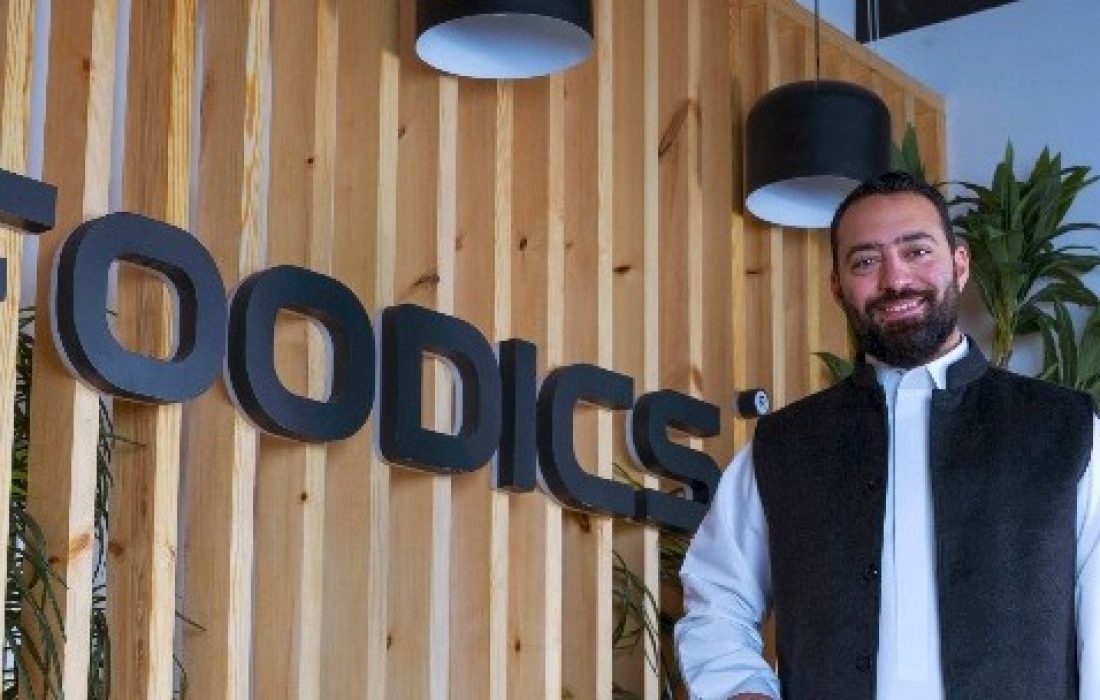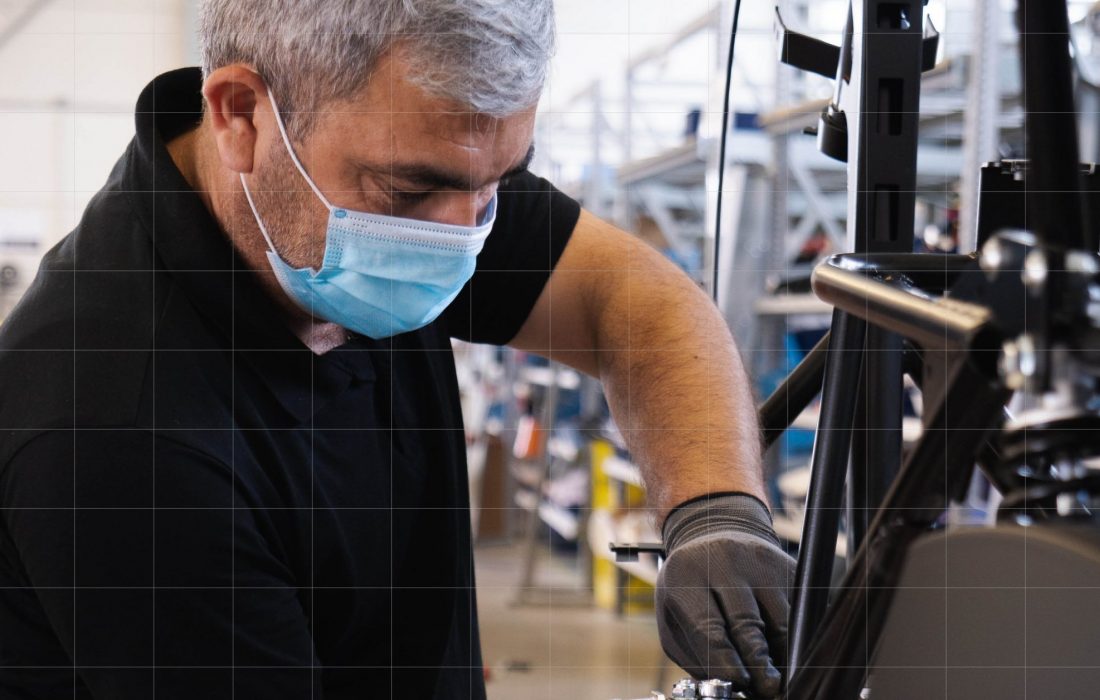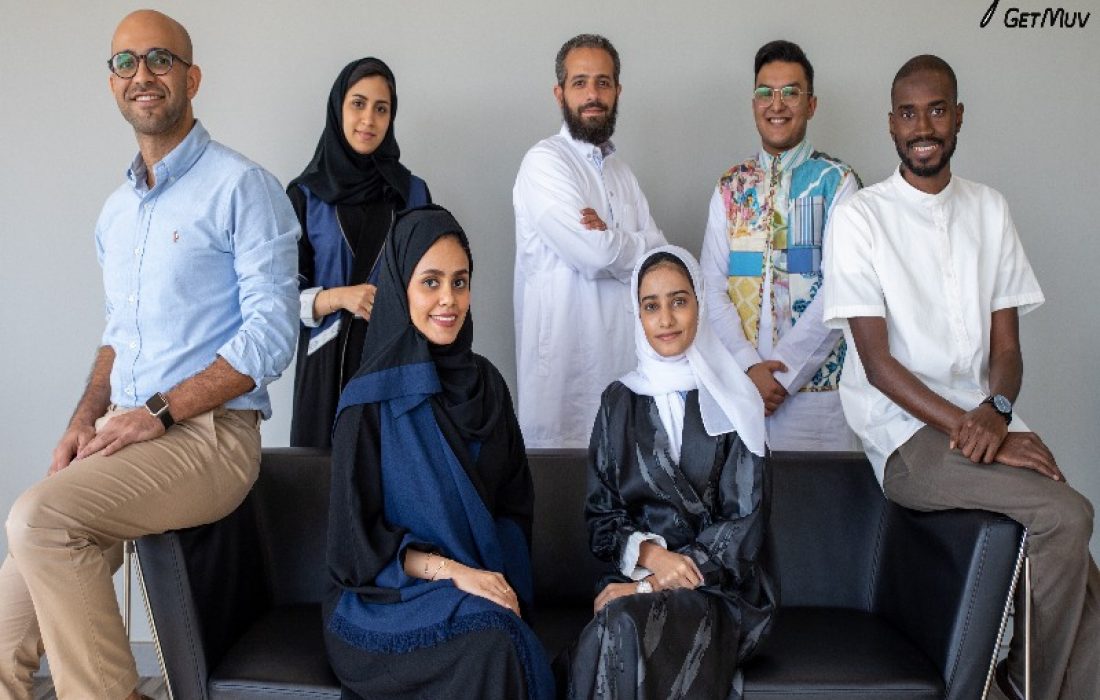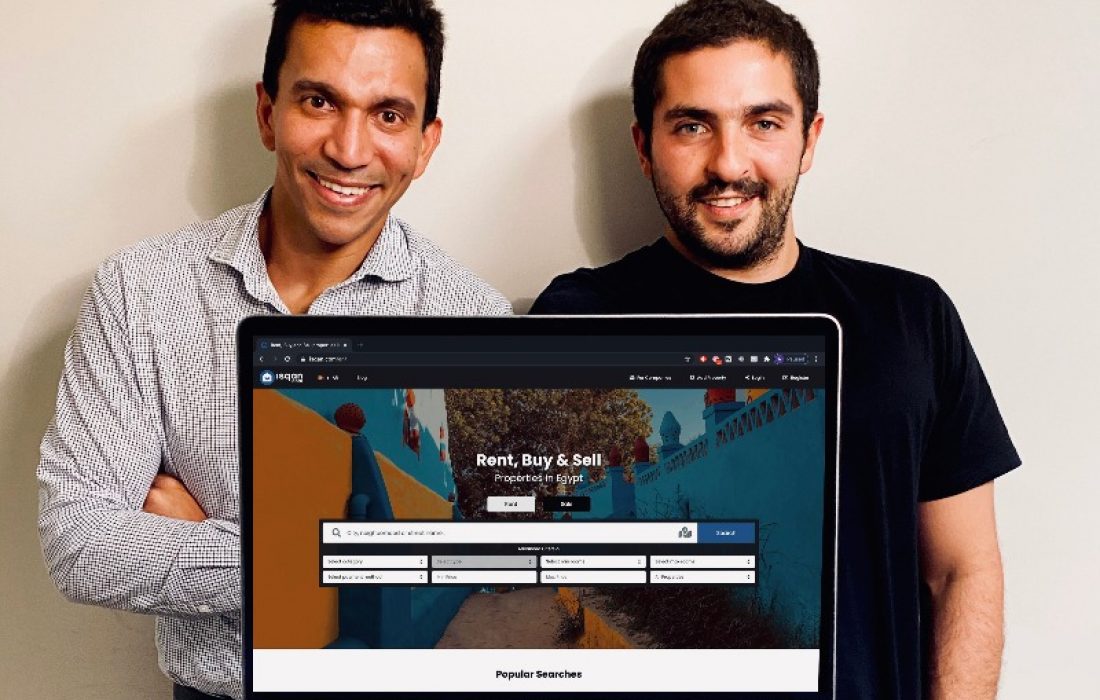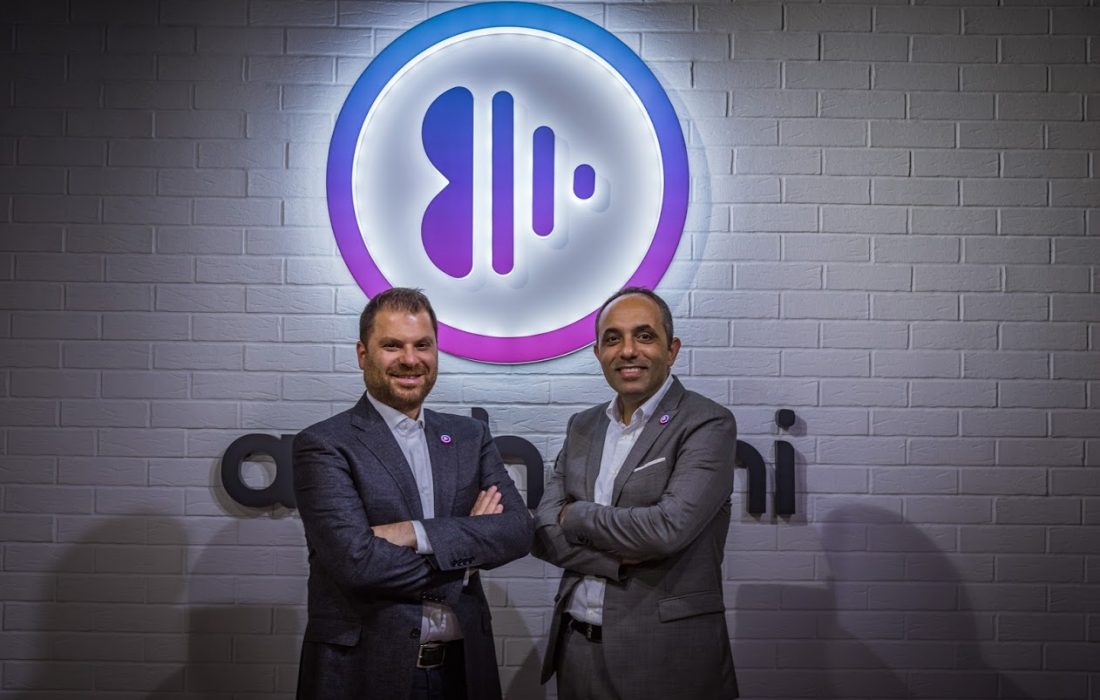A staggering 87% of workers in the Egyptian private sector still get paid in cash. This essentially locks them out of the formal financial system and limits their access to credit and other key financial products and benefits that are crucial to raising standards of living.
Before he started Paynas, an emerging Egyptian fintech company targeting SMEs, Mohamed Mounir used to run an SME himself and witnessed how employees were chasing corporate benefits that a small company like his was incapable of providing. In one case, he lost a star employee for a bigger company that was offering bigger benefits, even though he was opting for a smaller paycheck.

What is an SME?
The Central Bank of Egypt (CBE) considers enterprises with a business volume between EGP 1 million and 50 million to be small and those with a volume from EGP 50 million to 200 million to be medium-sized. Both small and medium enterprises must have less than 200 employees.
In other developed countries like Canada and the United States for example the value of the annual sales is used in addition to the number of employees. In the European Union sales, value of assets and number of employees are used to identify M/SMEs. Other transitional economies like Mexico, Thailand and Turkey mainly define M/SMEs by the number of employees.
SMEs are the driving force of any emerging economy, and in Egypt it’s no different, they’re the backbone of the economy, they employ more than 75% of the workforce and represent 99% of all enterprises. At the same time, they don’t have access to the kind of benefits that the smaller number of large corporates have. That’s exactly what Paynas is tackling. Learning from Mounir’s experience, Paynas wants to offer big benefits to small companies.
Paynas to the Rescue
Founded in 2018, Paynas investigated the pain points SMEs in Egypt are facing. They found that SMEs in Egypt use outdated and inefficient management tools, and consequently are considered too big of a hassle or risk for traditional banks and insurance providers, who in turn don’t provide these companies with the kind of offerings they need.
The Paynas platform can onboard any service provider that wants to offer its service to a sector such as SMEs with a team of 5 to 30 employees. They’ve partnered with insurance giant AXA to present specific insurance policies for the registered companies to the health insurance authority. Before the intervention of Paynas, these SMEs had no access to the likes of AXA.
“With Paynas, we basically try to empower SMEs to improve their efficiency and productivity,” says Yara El Abd, who is the co-founder and chief MarCom and investment officer at Paynas. “We help them improve the lives of their employees through giving them access to financial features that they were previously excluded from.”
Their strategic alliance with global players like Visa gives Paynas access to markets, expertise and technology that sets them apart from other fintechs in the market. Their product is complimented with a Paynas card powered by Visa and offered in partnership with Bank Misr, their BIN sponsor. “Bank Misr is the bank with the largest branch network in Egypt which ensures that our card has the maximum outreach,” El Abd adds.
Through its digital platform and card, Paynas offers a vast array of services and benefits beginning with digital payroll, as well as financial services, loyalty benefits, and value-added services.
Paynas’s family of products include digitized HR, payroll calculation and disbursement, financial features and employee medical insurance. All tailored to the specific and unmet needs of SMEs, all seamless and all hassle-free.
“We want to reach the point where we can offer companies specific services that they won’t be able to obtain from banks due to their small sizes or many other reasons,” says Motaz Lotfy, co-founder and chief commercial officer at Paynas.
Efforts to encourage SMEs in Egypt
Creating jobs and revitalizing competition between the markets are the two top advantages SMEs bring to any economy. Therefore, it has been a top priority for the Egyptian government to give SMEs more access to financial products and grow their businesses.
In 2016, the CBE announced an initiative to encourage medium and long-term loans to SMEs. Banks were required to allocate 20% of their total credit portfolios to financing projects by SMEs. The target was for banks to offer EGP 200 billion to finance 350,000 companies and create 4 million new jobs. In response, banks in Egypt have extended more loans to small and medium-sized firms. By 2019, the value of loans extended to SMEs grew to EGP 146 billion.
Offering a financial and banking service without being a bank is a breakthrough in Egypt.The legislative environment and regulators have allowed Paynas to offer many services that no one was able to offer not so long ago and this has paved our way to helping startups and small enterprises that don’t want to deal with banks for many reasons. This will empower SMEs with benefits they had no access to before.
MOTAZ LOTFY, CO-FOUNDER, CHIEF COMMERCIAL OFFICER, PAYNAS
If you want to read more about SMEs, check out…
- EGX Launches “Tamayoz” Index to Measure SMEs Performance
- Paynas Partners with Visa and Banque Misr to Launch Financial Platform
If you see something out of place or would like to contribute to this story, check out our Ethics and Policy section.






